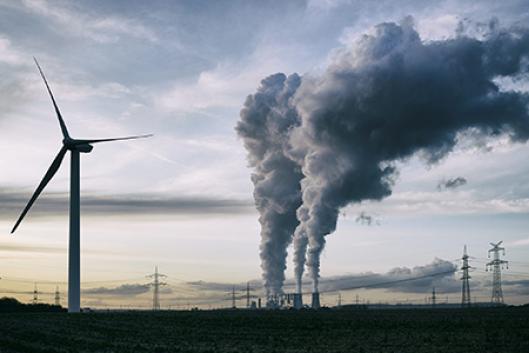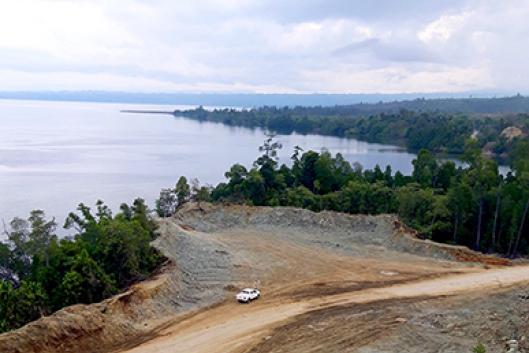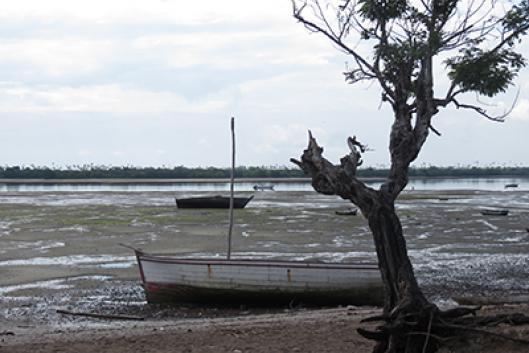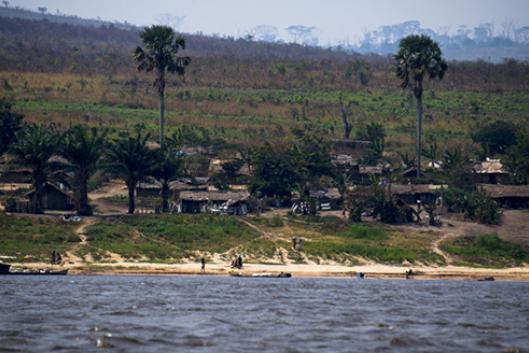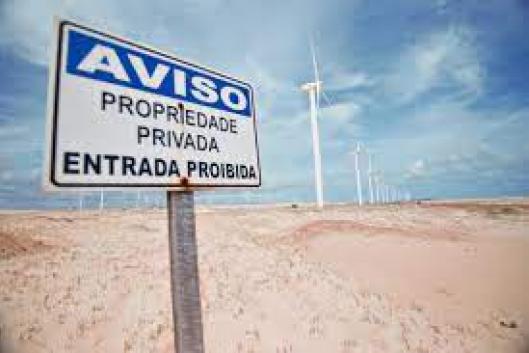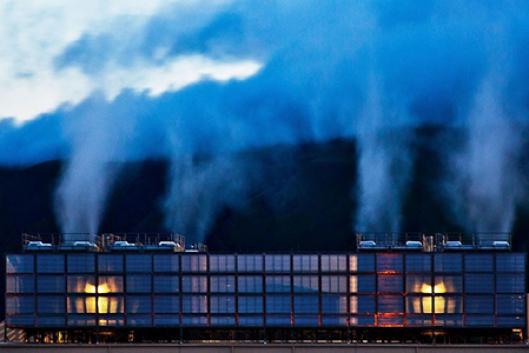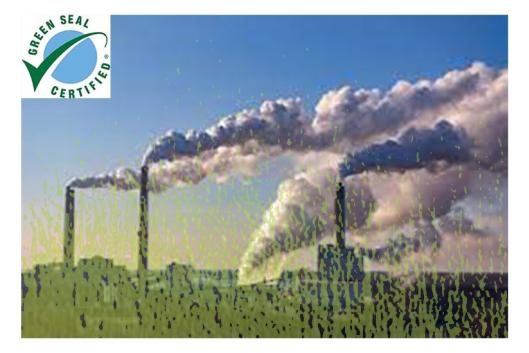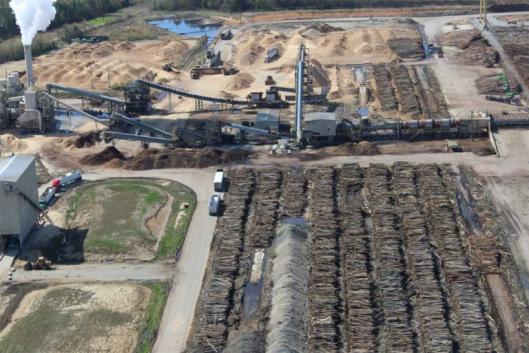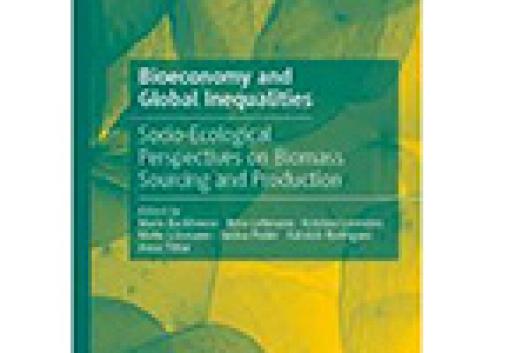This bulletin aims to reflect on the extraction, violence and oppression related to the so-called energy ‘transition’ and its ‘green’ camouflage. A transition from what? And towards what?
Transition to what? Injustices of the "low carbon" economy and "green energy" | Bulletin 256 - May/June 2021
Transition to what? Injustices of the "low carbon" economy and "green energy"
Download the bulletin in Bahasa Indonesia / Unduh buletin dalam pdf
The articles in this Bulletin are written by the following organizations and individuals: Justiça Ambiental! (JA!), Mozambique; the African ecofeminist alliance WoMIN; Acción Ecológica, Ecuador; Instituto Terramar, Brazil; Rainforest Rescue; and members of the WRM international secretariat in close collaboration with several allies who are part of grassroots groups in different countries.
WRM Bulletin
256
May/June 2021
OUR VIEWPOINT
TRANSITION TO WHAT? INJUSTICES OF THE "LOW CARBON" ECONOMY AND "GREEN ENERGY"
-
9 July 2021Electric cars have become the symbol of the ‘low carbon’ economy. As an item of consumption first and foremost for the wealthy, the negative impacts of the required minerals and metals that are extracted are frequently downplayed.
-
9 July 2021This article highlights the voices of Justiça Ambiental! in Mozambique and the African ecofeminist alliance WoMIN.
-
9 July 2021Balsa wood is an important input for windmills. Ecuador is the world’s largest exporter of this wood. The invasion of millions of wind turbines in China, Europe and the US means the extraction of metals to build them, as well as the brutal felling of balsa wood trees.
-
9 July 2021Industrial-scale renewable energy infrastructure has seen a revival in the agenda of the ‘energy transition’ and as part of the economic recovery plans in front of the pandemic. Besides, the production of ‘green hydrogen’ from these projects adds another layer of injustices.
-
9 July 2021In dominant models of energy production and consumption, the centralization of the energy matrix and the concentration of decision-making power remain, and with all the marks of inequalities, patriarchy and environmental racism, even if the source of energy has changed.
-
9 July 2021The so-called ‘digital economy’ is usually promoted as one that has a relatively low impact on the environment, one in which material resources are largely unnecessary. But what (and who) is being hidden by such images of an almost ethereal and cleaner economy?
-
9 July 2021Certification schemes seeking to legitimize activities that harm the environment and its people, with terms like “sustainable,” are a survival strategy for capitalism. In the framework of the energy transition, even the mining industry seeks to validate its unstoppable growth. A transition must happen, but in a fair and consensual way, not based on more green lies.
RECOMMENDED
-
9 July 2021A report from the organization London Mining Network highlights that extractivism is a militarised process: it violently ruptures ecosystems and habitats. In doing so, it displaces then polices communities with ongoing connections to the land applying various counterinsurgency tactics to maintain extractive legitimacy. Relatedly, militarism is an extractive process: it depends on vast quantities of metals and minerals to innovate and assemble more deadly technologies of control and destruction. Further, it fuels the climate crisis. The UK’s military-industrial sector has a carbon footprint of at least 11 million tonnes a year, more than 60 individual countries like Madagascar and Zambia.
-
9 July 2021Fossil fuel companies and interest groups in Europe captured tens of billions of public money from Covid-19 recovery packages. On top of this, groups from the Fossil Free Politics campaign alert on how the fossil fuel industry has strongly lobbied to win concessions for climate-damaging energy schemes across Europe, including gas, hydrogen, carbon capture and storage (CCS), carbon offsetting
-
9 July 2021In February 2021 more than 500 scientists and economists issued a letter urging to stop burning wood as a means of making energy in converted coal burning power plants and to end subsidies now driving the explosive demand for wood pellets. The burning of wood to produce electricity boomed since the United Nations categorized this energy source as ‘carbon neutral’, which enables governments and companies to burn wood instead of coal and not count the emissions in helping them meet their climate related targets. In the European Union alone, nearly 60% of renewable energy already comes from wood biomass, amounting to millions of metric tons of wood pellets burned annually.
-
9 July 2021This is the title of an open access book with 15 chapters focusing on the meanings, agendas, as well as the local and global implications of bioeconomy and bioenergy policies in and across South America, Asia and Europe. It explores how the ‘energy transition’ reinforces and challenges socio-ecological inequalities. Various conceptual discussions and case studies – from knowledge extraction to sexual exploitation and labour migration - clarify how the extraction of biomass sources from agricultural and forest territories affect societies. Access the book in English here.
